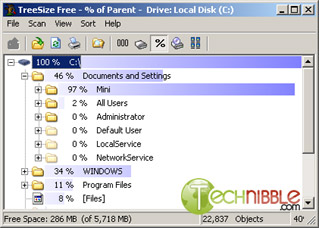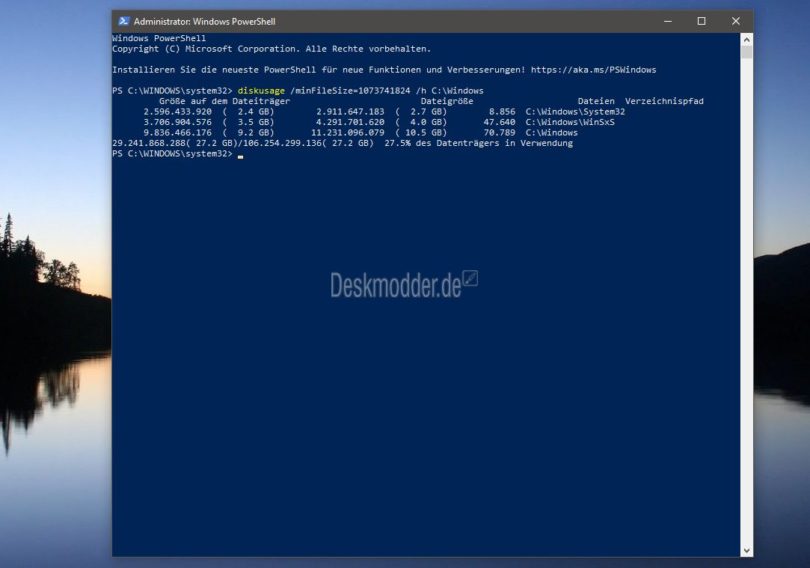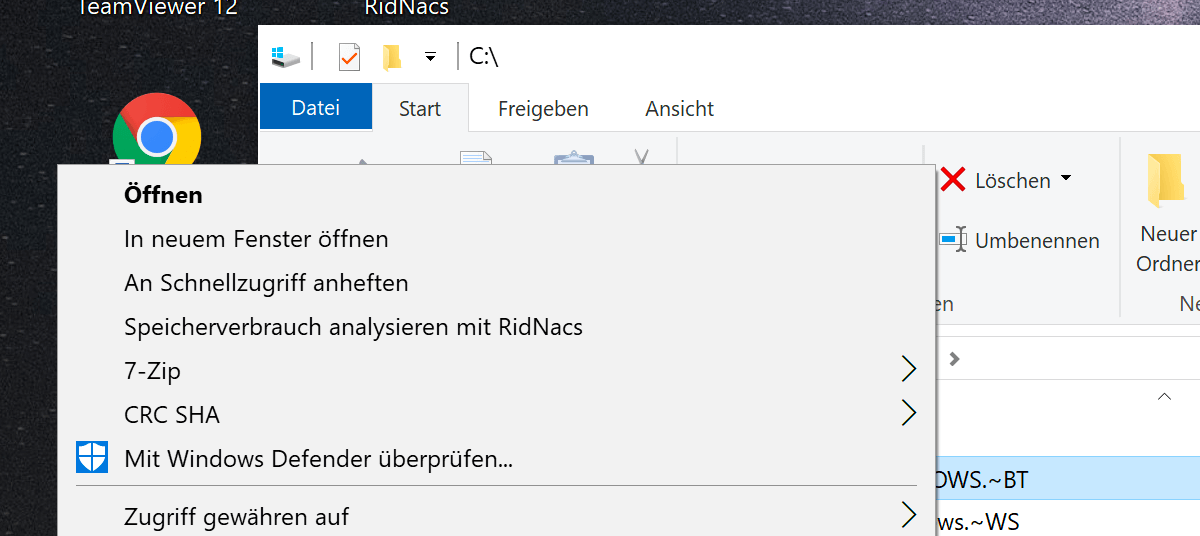

total time $ (( get-date) - $timer ) "įunction enumerate-directorySizes( $directorySizesIndex, $previousDir) $previousDir = enumerate -directorySizes -directorySizesIndex $directorySizesIndex -previousDir $previousDir $darkgreenmin = $sortedBySizeįor ( $directorySizesIndex = 0 $directorySizesIndex -lt $ script:directorySizes. $categorySize = (::Floor(::max( 1, $sortedBySize. Log -info "no directories found! exiting " -foregroundColor Yellow $sortedBySize = $ script:directorySizes -ge $minSizeGB | Sort-Object Log -info "displaying $ ( $directory ) sub directories over -minSizeGB $ ( $minSizeGB ): files: $ ( $totalFiles ) directories: $ ( $ script:directories. $totalFilesSize = $ script:directories.totalsizeGB $totalFiles = (( $ script:directories).filesCount | Measure-Object -Sum).Sum $ script:directorySizes = dotnet]::_directories).totalsizeGB) ::Start( $directory, $minSizeGB, $depth, $showFiles, $uncompressed) Log -info "enumerating $ ( $directory ) sub directories, please wait. Log -info " $ ( $directory ) drive total: $ ((( $drive. psversion -lt "6.0.0 " -or $ global:IsWindows

$pathSeparator = ::DirectorySeparatorChar $ script:directories = script:directorySizes = script:foundtreeIndex = 0

$writeDebug = $DebugPreference -ine "silentlycontinue " $ErrorActionPreference = "silentlycontinue " I cannot remember exactly but I think (might be wrong) that "-filter" is faster.$directory = ( get-location).path , One remark: Instead of using "-include", I'd use "-filter". Hi Jugal, I am following most of your posts, they are effective and helping me in my day to day work. Monday, Septem9:52:13 AM - Satheesh Kumar Thanks so much! Just used this today on a couple of servers that were virtual machines with small C: drives that were running out of space.

Monday, Septem10:44:05 PM - Hassan Parthasarathy + FullyQualifiedErrorId : RuntimeExceptionīy using the below statement I have executed the script : + CategoryInfo : NotSpecified: (:), PSSecurityException Shows the following error:įile E:\Srpt.ps1 cannot be loaded because the execution of scripts is disabled on this system. Powershell was not allowing to run the script. Thanks a lot, saved my time.Īlso would like to highlight the problem I faced while executing the script. You can also try option in this kind of issue. It is useful to use the Export-Csv cmdlet here to output the details of all objects found to a CSV file for opening in ExcelĬool. To remove the files en masse, you can then use the following commands: Get-ChildItem -path $path -recurse -include $Extension | where-Object #script to find out the files based on the above input #Find out the files greater than equal to below mentioned size Thanks a lot for good script, but it cuts long names and paths and I decided to little correct it and provide my version to resolve this issue: Or if you like you file sizes formatted with thousands separators: Invoke-Sqlcmd -ServerInstance servername -Query "SELECT physical_name, sizeMB = CONVERT(VARCHAR, CAST(size / 128.0 AS MONEY), 1) FROM sys.master_files ORDER BY size DESC" Invoke-Sqlcmd -ServerInstance servername -Query "SELECT physical_name, sizeMB = size / 128.0 FROM sys.master_files ORDER BY size DESC" This won't tell you anything about any other large files on the server, but it's easier to run remotely. An alternative would be to query the master_files table to get the sizes of all active files.


 0 kommentar(er)
0 kommentar(er)
